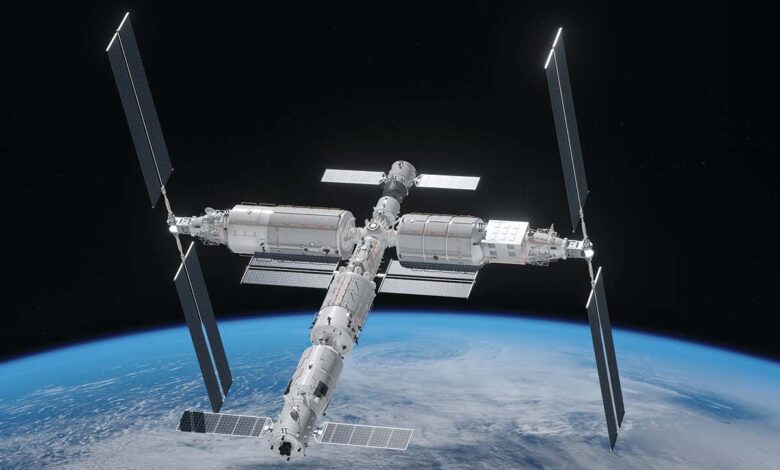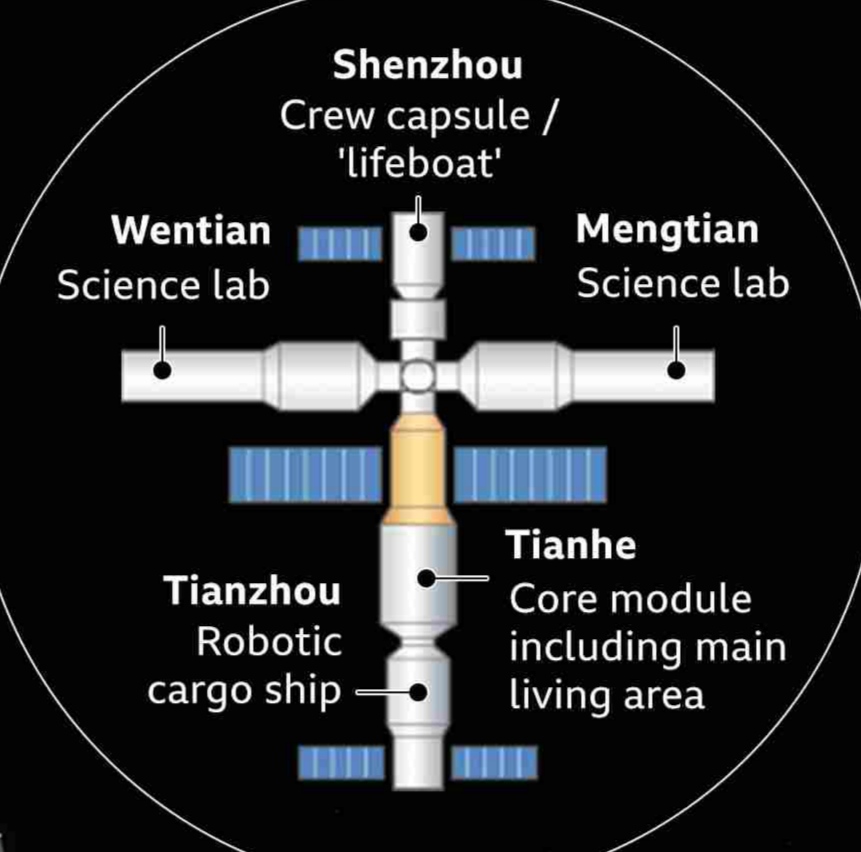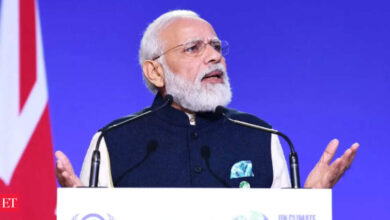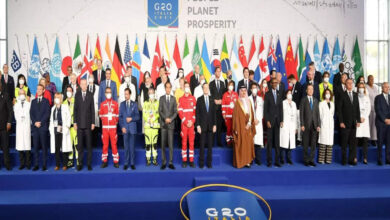Tiangong-China’s New Space Station: Another Space Race?

Tiangong literally meaning Heavenly Place, is China’s new Space Station. The core module for building this space station was launched on 29th April 2021 by a rocket from Hainan. Called Tiangong Program or a heavenly place to express religion and mystic connections. The previously launched space labs were its predecessor. The Chinese scientists called them Tiangong 1 and Tiangong 2 respectively.
Tiangong Space Station and the Program- In Detail
With the International Space Station, coming towards the end of its functional lifespan, China has started making its new Space Station. China agrees that it arrived late at the space station game, But they believe that their facility is cutting-edge. As a result, the new space station could outlast the International Space Station.

This Space Station Third generation modular space station. Third Generation space station includes Mir-the Russian Space Station and International Space Station! Unlike the previous stations, these modular stations are assembled in orbit. Here, the pieces are launched separately. Earlier, the core module of Tiangong called Tianhae was launched. The new design methods can greatly improve reliability, reduce costs, shorten the development cycle, and meet diversified task requirements. Also, they have sufficient space for any resupply!
After the launch of the second space lab of China in 2013, this program was named. However, the core construction of the space station started later. Tianhae (meaning Heavenly Harmony) was launched by the Long March-5B Y2 rocket. The rocket took the core module into space from Wenchang Space Launch Center in Hainan province, April 29.
This space station will remain in the lower Earth Orbit. It will be around 340-450 kms above the surface of Earth.
The First Astronauts at the Tiangong Space Station
China sent its first crew of three members to the Tiangong Space Station on Thursday, 17th June 2021. The crew comprises Mission commander Nie Haisheng, 56, and fellow astronauts Liu Boming, 54, and Tang Hongbo, 45. They are former People’s Liberation Army Air Force pilots. Also, they hold graduate degrees in aviation and have a strong scientific background. Interestingly, the Chinese Military has always recruited all the astronauts. This shows the close ties of the space program to the defense of the Country.
Nie is in the space for his third trip. While Liu is in space for his second trip following a mission in 2008 that included China’s first spacewalk. However, Tang, recruited as one of the second batches of candidates in 2010, is flying in space for the first time.
The Reasons For Building the Tiangong Space Station
Though the Chinese scientists claim it as a mere space research project, there are sufficient underlying reasons. Hence, the 3 astronauts on board right now, are carrying out science experiments and maintenance. They are also taking spacewalks, and preparing the facility to receive two additional modules next year.
However, there are underlying reasons. China has been barred from participation in the International Space Station. This was done mainly due to U.S. objections. The U.S. considered the Chinese program as secretive in nature. Also, the program has close military connections. It was more than likely that China would build its own station anyway. Another big reason is for seeking the title of the Big Space Power.
The Tiangong space program is part of an overall drive to put China on track for even more ambitious missions. This will provide opportunities for cooperation with Russia and other, mostly European, countries. This will also enhance China’s role in the United Nations Office for Outer Space Affairs.
Looking at it from the political aspect China’s space program has been a massive source of national pride. This has been a reason for China’s rise from poverty to the world’s second-largest economy. The Communist Party has also enjoyed power due to the same.
Though, not big, India too could be a reason for China’s interest in increasing its power in Space. Becoming a Space Power in Asia will surely be helpful to increase co-operation with the neighboring countries and increase power over them. The world rests its eyes on Beijing Aerospace Command and Control Center as China has never been trustworthy to the world.
Also Read: PM Modi: India’s takes on the three-day G7 Summit





